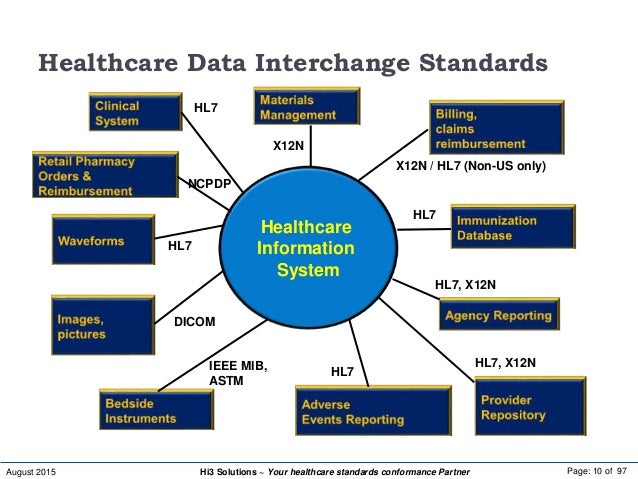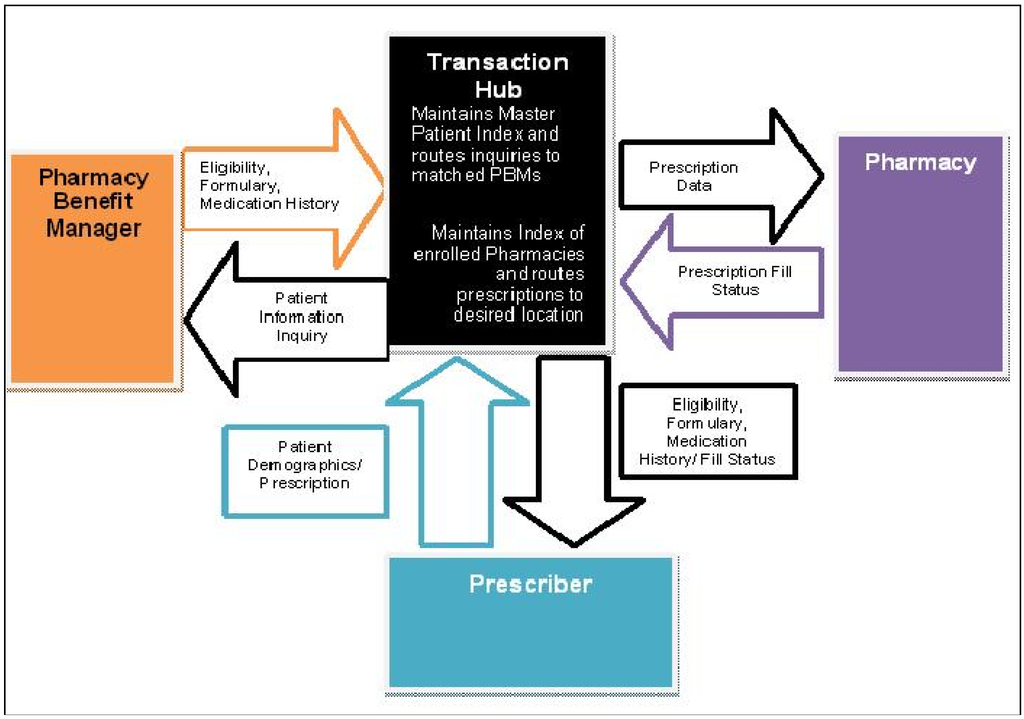Healthcare Systems Engineering Griffin Paul M Nembhard

Health information systems serve multiple user s and a wide array of purposes that can be summarized as the generation of information to en able decision-makers at all levels of the health system to identify problems and needs, make evidence-based decisions on health policy and allocate. Fellows will: 1) learn to apply systems engineering techniques to the improvement of health systems, 2) be immersed in clinical processes and procedures and will have the opportunity to pilot tests of change, 3) use modeling health information systems engineering and simulation software, and 4) write manuscripts for submission to a medical quality or systems engineering journal. Systems engineering for healthcare information technology is very similar to other it developments, with the addition of medical regulations. healthcare information technology is critical to efficient flow of information and delivery of services. The usc ms in health systems management engineering is administered by the epstein department of industrial and systems engineering, with courses offered through the keck school of medicine of usc and the usc sol price school of public policy. this degree is designed for students interested in improving how hospitals, clinics, and other parts.
Healthcare Systems Engineering Sebok
Informationsystemsengineering is a multi-disciplinary field that incorporates math, business and computer science. information systems engineers design, develop, test and maintain systems used. Health informatics and systems engineering health informatics is a multidisciplinary field that uses health information technology to improve healthcare on its effectiveness, efficiency, timeliness, safety and quality. While health informatics students focused on issues and systems related directly to health care, information systems students are more likely to complete general business courses to pursue careers at educational institutions, technology corporations, consulting firms, retail and restaurant companies, computer and web services firms, financial.
The operations & systems engineering department pulls from a robust array of tools to solve complex problems in our health system. since every problem we encounter is differenet, our team relies on our expertise to determine the appropriate tools to use to dissect the systems and uncover effective, sustainable solutions for improvement. Health care systems engineering is an area of research in health care delivery science that examines system and process design. researchers in health care .
Customize your master's degree in the johns hopkins engineering for professionals information systems program and select from focus areas that span multiple disciplines within information systems, including human-computer interaction, information management, and software engineering. learn modern techniques to develop and manage complex systems that solve real-world problems. A health information system enables health care organizations to collect, store, manage, analyze, and optimize patient treatment histories and other key data. these systems also enable health care providers to easily get information about macro environments such as community health trends. People searching for health systems engineering graduate programs found the links, articles, and information on this page helpful. The graduate certificate in health systems engineering and management is available for working professionals who would like to expand their knowledge and .
Health Systems Engineering Wikipedia
Health informatics and systems engineering. health informatics is a multidisciplinary field that uses health information technology to improve healthcare on its effectiveness, efficiency, timeliness, safety and quality. health informatics bridges information technology, computer science, statistics, data analytics, management science, systems. The health catalyst data operating system (dos) is a breakthrough engineering approach that combines the features of data warehousing, clinical data repositories, and health information exchanges in a single, common-sense technology platform. dos offers the ideal type of analytics platform for healthcare because of its flexibility.
Medical informatics engineering embraces the idea that when you call your product a solution, it needs to be one. every system the company develops and delivers has been custom crafted to solve a problem clinical, operational or financial helping clinicians remain cognitively focused on patient care, rather than the clerical. I e 568: healthcare systems engineering. this course develops a fundamental understanding of health information systems engineering quantitative tools used to perform system analyses and make . Earn a master's degree in healthcare systems online to enhance your career opportunities to help re-engineer healthcare delivery on a broad scale. learn to create new healthcare devices, systems, or policies using a systems approach, direct the evaluation of healthcare system components and recommend improvements in performance and efficiency and more. Application deadlines · program overview · application information · tuition & fees · career outcomes · den@viterbi online delivery · request information.
The m. s. in healthcare systems engineering prepares systems engineers and modeling and simulation, data analysis, and healthcare health information systems engineering information systems. Online healthcare systems engineering (master's) watch our webinar with program director ana alexandrescu for more information about the program.
What Is The Difference Between Health Informatics And
Health systems engineering or health engineering (often known as "health care systems engineering (hcse)") is an academic and a pragmatic discipline that approaches the health care industry, and other industries connected with health care delivery, as complex adaptive systems, and identifies and applies engineering design and analysis principles in such areas. 1.. introductionhealth information systems are rapidly increasing in variety, size, complexity, and sophistication. depending on one’s definitions, health information systems can range from those running on a standalone platform, e. g. a medical device, to those involving world-wide networks, distributed databases, and enterprise-wide interoperability. An ideal health care delivery system such as the role of evidence-based medicine or information technology. if conceptualized in terms of an engineering design . Recommended in 2014 by the president’s council of advisors on science and technology as a way to accelerate improvements in healthcare and lower costs, health systems engineering is a strategy the industry needs to help advance and optimize healthcare.

of study accounting & finance business & management communications computer information systems criminal justice electronics & engineering technology health management & technology information technology & networking medical billing & coding Health informatics is a multidisciplinary field that uses health information technology to improve healthcare on its effectiveness, efficiency, timeliness, safety and . building services code enforcement economic development emergency management engineering environmental fire rescue facilities management geographic information systems growth management health & human services housing & community services land management systems
A team consisting of industrial engineers, operation research scientists, lean six sigma specialists and uva school of engineering academics, each with a different set of strengths and experiences. together the team leverages our skills to provide a robust set of services to meet the complex needs of the uva health system. Nov 8, 2018 for more information about healthcare health information systems engineering systems engineering, visit ep. jhu. edu/programs-and-courses.